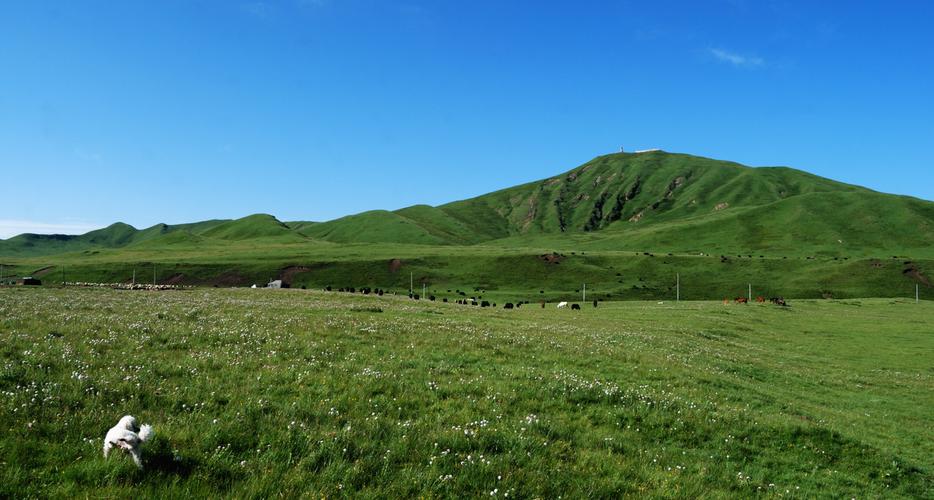Cultural Evolution and Economics: The Intricate Interplay
As the world becomes increasingly interconnected, it is becoming apparent that cultural evolution and economics are deeply intertwined. The blending of various cultures and economic systems has brought about considerable changes that continue to shape the world as we know it.
What is Cultural Evolution?
Cultural evolution refers to the process by which cultural ideas, beliefs, and practices are passed down from one generation to another. These ideas evolve over time, resulting in changes to cultural norms and behavior patterns. Cultural evolution is a dynamic process influenced by factors such as social norms, technological advancements, and environmental conditions.
Understanding the Role of Economics in Cultural Evolution
Economics plays a crucial role in shaping cultural evolution. As economic systems evolve, they bring about changes in the way people live, work, and interact with each other. For example, the rise of capitalism led to changes in social organization and labor relations, which, in turn, impacted cultural practices.
Moreover, economic policies have a significant impact on cultural practices within specific communities. For example, government policies that support cultural preservation and revitalization can have positive impacts on minority groups and indigenous populations.
The Negative Impacts of Globalization on Cultural Evolution and Economics
Globalization has brought about a significant blending of cultures and economic systems. While this has resulted in new opportunities for trade and economic growth, it has also had negative impacts on cultural evolution.
One negative impact is the spread of homogenized cultural practices that threaten the preservation of unique cultural practices. Another negative impact is the exploitation of low-wage workers in developing countries, which can lead to economic disparity and cultural dislocation.
Examples of Positive and Negative Interplay between Cultural Evolution and Economics
One positive example of the interplay between cultural evolution and economics is the rise of the gig economy. This economic model has allowed people to work in ways that better suit their cultural practices and beliefs. For example, in some Muslim countries, women are not allowed to work outside the home. However, the gig economy has made it possible for women to work from home and earn an income, thus providing economic empowerment while adhering to cultural practices.
On the other hand, negative examples of the interplay between cultural evolution and economics include the displacement of indigenous populations from their lands to make way for commercial development. This has led to cultural loss and economic marginalization of these communities.
Conclusion
Cultural evolution and economics are intricately linked, and changes in one often result in changes in the other. While globalization has brought about many positive changes, it has also had negative impacts on cultural evolution and economic systems. Understanding the complex interplay between these two forces is crucial for building a more inclusive and equitable global community.
(Note: Do you have knowledge or insights to share? Unlock new opportunities and expand your reach by joining our authors team. Click Registration to join us and share your expertise with our readers.)
Speech tips:
Please note that any statements involving politics will not be approved.
